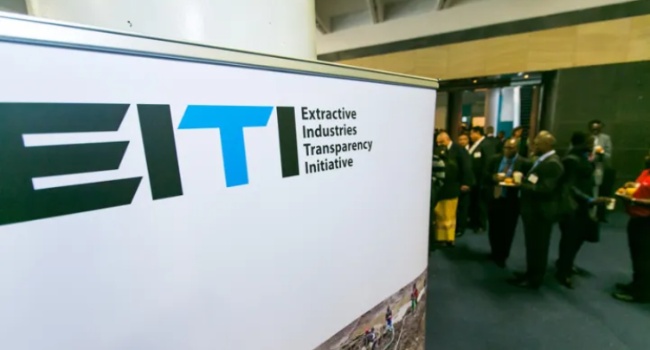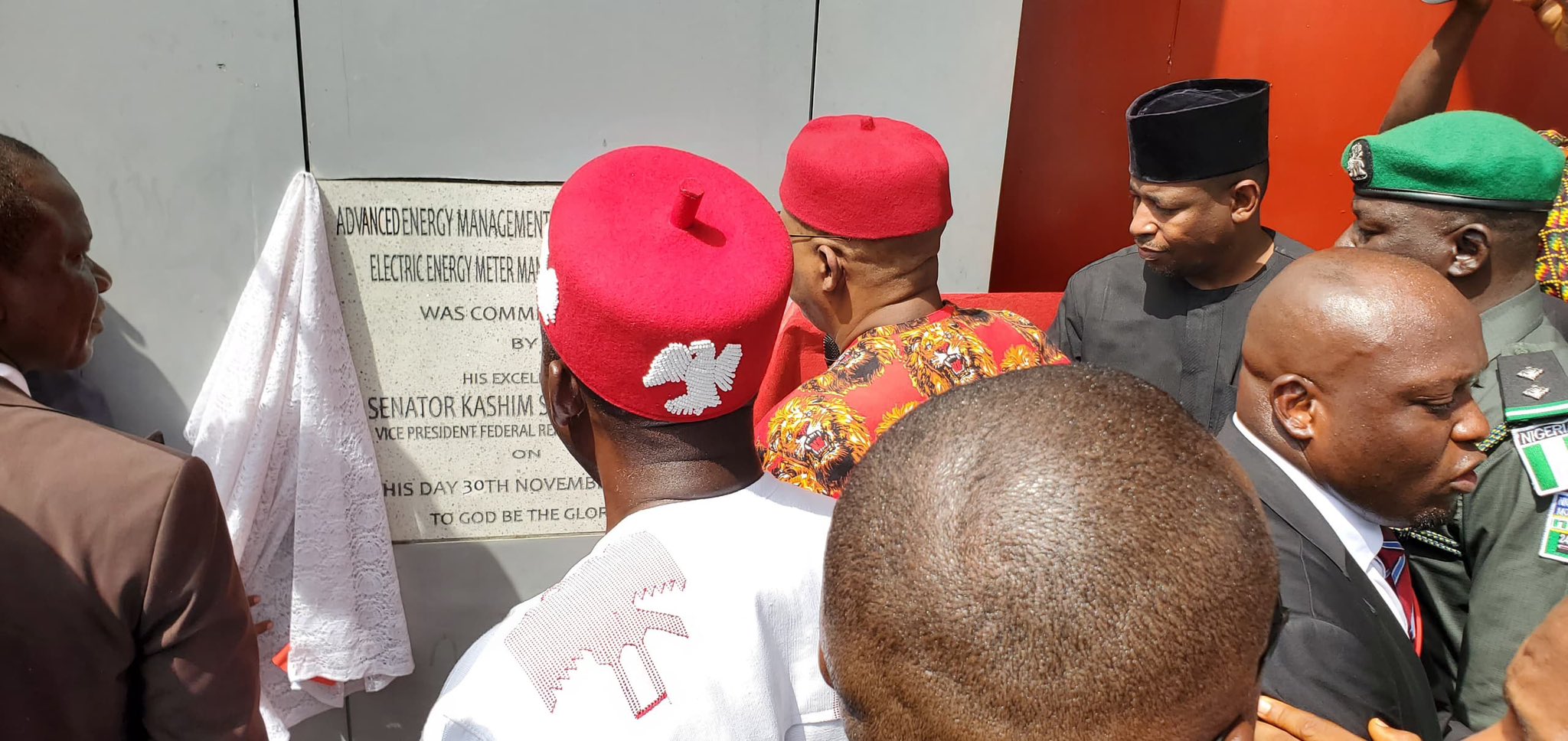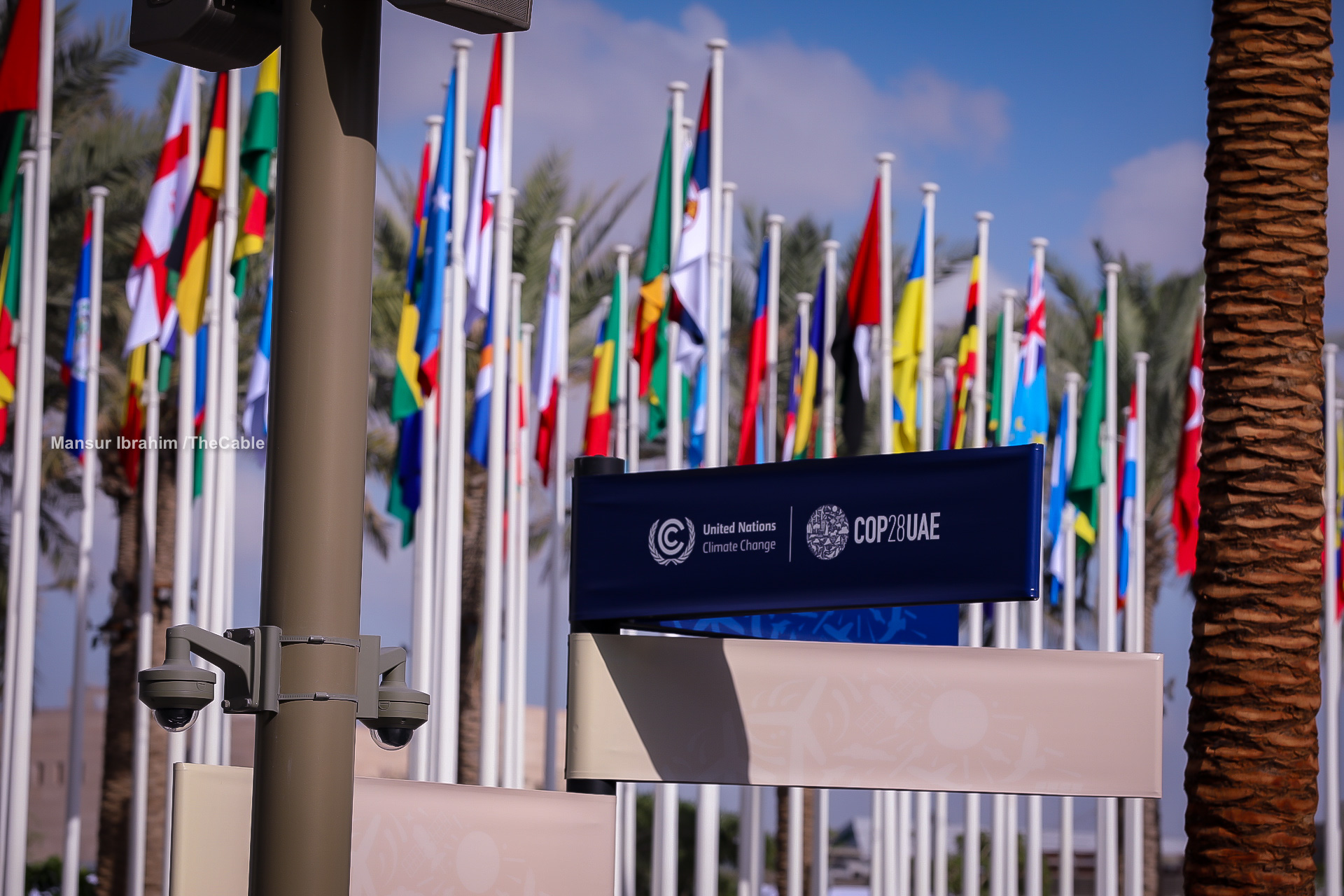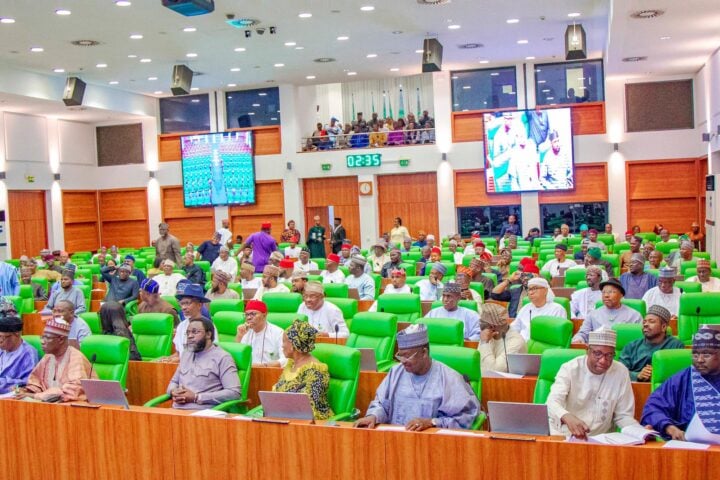The Extractive Industries Transparency Initiative (EITI) says Nigeria may be suspended if it fails to meet requirements for validation commencing January 1, 2026.
EITI validation is the assessment of the extent to which each EITI membership requirement is met, using three components; stakeholder engagement, transparency, and outcomes and impact.
In a report released on Thursday, EITI said Nigeria achieved a moderate score in implementing the 2019 EITI standard with an average point of 72 points.
The extractive organisation said the outcome of the validation is based on the board’s decision.
Advertisement
EITI said the overall score reflects an average of the three component scores on stakeholder engagement, transparency, and outcomes and impact.
“On outcomes and impact, Nigeria achieved a high score (92 points), which reflects Nigeria EITI’s (NEITI) robust system for annual work planning, monitoring and evaluation as well as active EITI outreach and dissemination efforts,” EITI said.
“Nigeria achieved a fairly low component score on Stakeholder engagement (52.5 points). The government has remained committed and engaged in the EITI process beyond the legal requirements of the 2007 NEITI Act.
Advertisement
“On the Transparency component, Nigeria achieved a moderate score (71.5 points).
In the report, the board commended NEITI for continuing to publish data in an open format, albeit with concerns over the interruption of the policy briefs and occasional papers series between 2020 and 2022 due to the pandemic and the transition to the new national stakeholders’ working group (NSWG).
However, EITI raised concerns over the weakening of both government and industry’s operational engagement in the institution in the 2019-2023 period, evidenced by delays in reconstituting the NSWG and poor industry attendance in EITI meetings.
EITI added that the reconstitution of the fifth NSWG in 2021 did not follow open, fair and transparent mechanisms for both industry and civil society.
Advertisement
“There is a need to reinvigorate the multi-stakeholder oversight of the EITI process, and the NEITI secretariat. Incidents of state security services’ harassment of civil society activists who are part of the broader constituency involved in the EITI process have exacerbated divisions within civil society,” EITI said.
“The board commends Nigeria for continuing to grow in its role as a reliable annual source of data on government revenues from the extractive industries, including through more regular reporting on subnational extractive revenue flows.
“Nigeria has made tangible progress in many newer areas of the EITI standard, including in contract and beneficial ownership transparency, even if more work is needed to ensure full transparency in these areas.”
The board said Nigeria will have until the next validation commencing on January 1, 2026, to carry out corrective actions regarding government engagement.
Advertisement
FAILURE TO MEET REQUIREMENTS MAY RESULT TO SUSPENSION
Providing corrective actions to be undertaken by Nigeria, the institution said the country must show a level of progress in addressing these corrective actions.
Advertisement
Highlighting specific corrective actions, EITI added that failure to indicate progress at the next validation exercise in the area of outcome and impact, engagement and transparency, may result in temporary suspension.
The corrective actions include; industry engagement, civil society engagement, MSG governance, contract and license allocations, license register, contracts and beneficial ownership.
Advertisement
Others are state participation, barter agreements and infrastructure provisions, level of disaggregation, distribution of extractive industry revenues, subnational transfers, social and environmental expenditures, and SOE quasi-fiscal expenditures.
“Failure to demonstrate progress on stakeholder engagement, transparency or Outcomes and impact in the next validation may result in temporary suspension in accordance with Article 6 of the EITI standard,” the institution said.
Advertisement
EITI said Nigeria may request an extension of the timeframe or request that validation commences earlier than scheduled.
Add a comment






